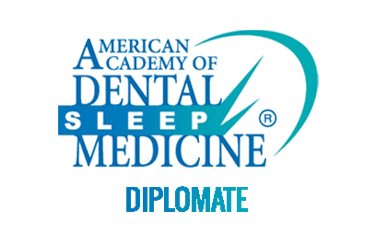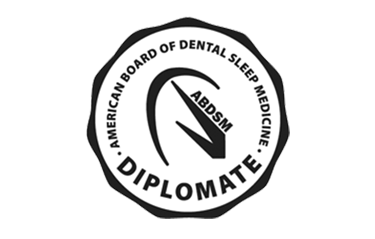Bryn Mawr

When we talk about your dental health, there are really two components to consider. The first is the health of your teeth themselves, and the other is the health of the supporting structures of your teeth. Supporting structures refers to your gums and the bone of your jaw. These structures need care too, and that is called periodontal therapy.
Periodontal therapy is designed to treat periodontal disease. Periodontal disease is caused by gum disease that can then infect the tissues that support your teeth including the bone. Gum disease starts at the gumline, but as it progresses, pockets of infection can develop.
The worse it gets, the deeper the pocket becomes and the greater the level of bacteria infecting the area. The problem is made worse by the fact that because a bacterial infection causes inflammation, the gum will actually recede from the teeth. That creates more space for more bacteria and the infection grows.
This destructive process can result in infections in the bone called abscesses and tooth loss. There are typically two stages of severity:
There are several factors that can put you at risk for developing periodontal disease. These include the following:
These all can put you at greater risk, and you should inform your dentist if any of these risk factors apply to you.
There are a number of symptoms to look for that indicate periodontal disease. These include the following common symptoms:
If you have these symptoms, you’ll want to make an appointment with your dentist as soon as possible. Timing is of the essence for periodontal therapy to be most effective.
Periodontal therapy consists of helping patients control the infection. It can include a deep cleaning treatment known as scaling and root planing. Scaling removes the tartar accumulation both above and below the gum line. Planing helps eliminate those rough spots on teeth where bacteria collect.
The treatment plan might also include medications like antibiotics and enzyme suppressants which will help get the infection under control. In particularly severe cases, surgery may be required. Typically, this involves what is known as ‘flap surgery’ to remove tartar deposits in deep pockets that have formed.
If the bone is involved in the infection, a bone and tissue graft may be necessary to encourage new bone growth and to help new gum tissue form where it has been destroyed by the infection.
If you have any of the symptoms of periodontal disease, time is of the essence to get the best treatment results. Dr. Shoumer and her professional staff can help set up a plan for periodontal therapy in Bryn Mawr that will help treat the infection, but the sooner, the better. Call our office today for an appointment to get your healthy smile back!









Copyright © 2025 Amy Shoumer DMD | Online Advantage by Rooster Grin Media